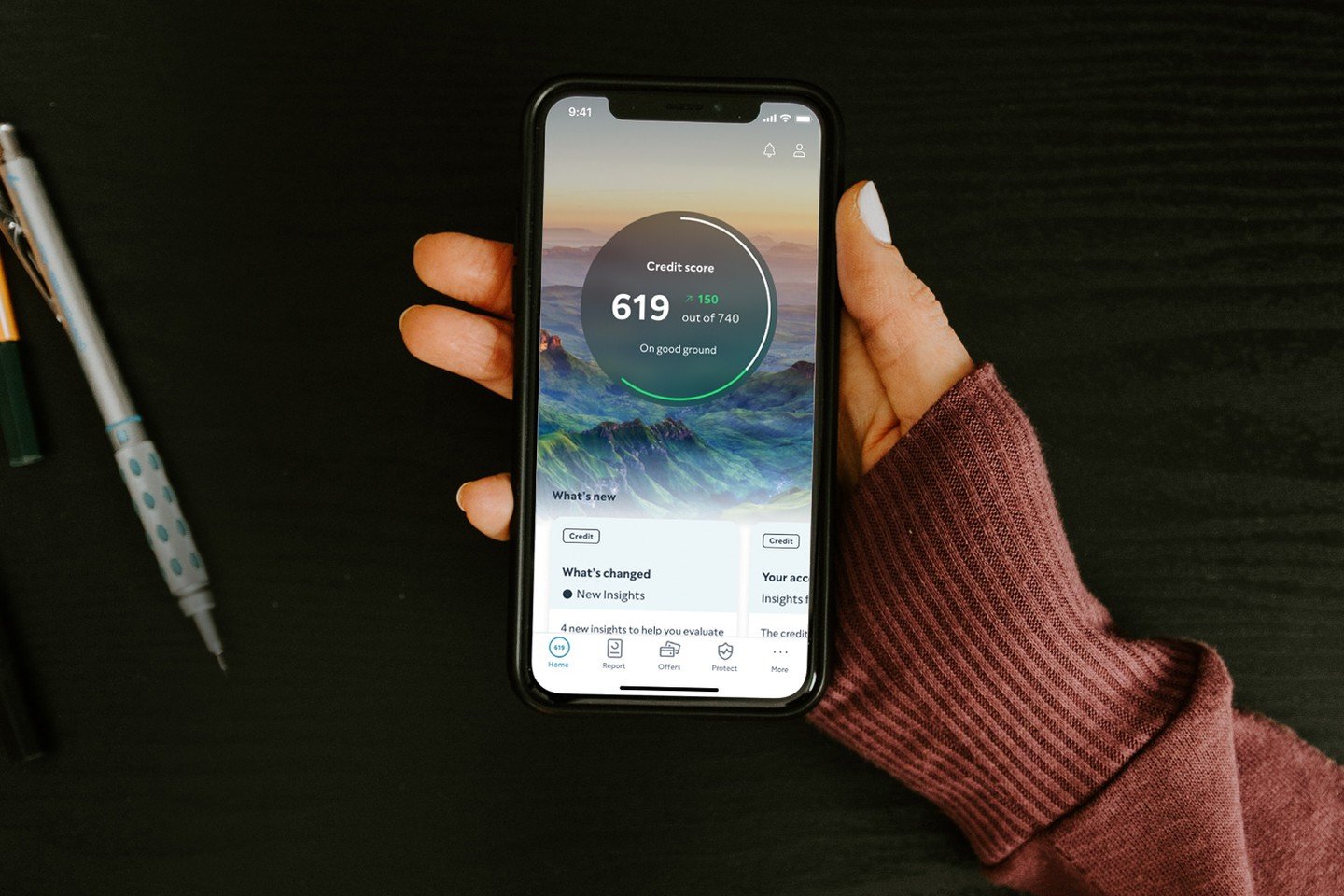In this article
What is a good/bad credit score?
Understanding what makes a good and bad credit score is the first step to being accepted for credit (and at the best rates).

In this article
When it comes to applying for a credit, there’s a vital piece of information that impacts how lenders and banks view you: your credit score. Understanding what makes a good and bad credit score is the first step to being accepted for credit, and getting the very best deals.
A credit score is a three-digit number used by lenders to determine whether you qualify for credit, such as a loan or credit card. Your credit score is based on your credit report, which is a record of your credit history and how you’ve managed your finances in the past. This allows lenders to assess your level of risk when you apply for credit.
Your credit score is calculated by a credit bureau. There are four main credit bureaus in South Africa: Experian, TransUnion, Compuscan and XDS. At ClearScore, we show you your Experian credit score, which ranges from 0 to 740. Each credit bureau is sent information by lenders about the credit you have and how you manage it. Other information, such as court judgments against you or whether you are undergoing debt review, are also sent to the credit bureaus and form part of your credit report.
There is no “magic” credit score that will guarantee that you get accepted for credit. Also, different lenders are looking for different things, so you might get refused credit by one lender and accepted by another.
Remember, your credit score is a useful indication of your creditworthiness, but lenders will look at other factors (such as your income and debt levels) before deciding whether to lend to you.
Below are the Experian score bands and how we refer to them at ClearScore:
Credit score | Experian band | ClearScore name |
|---|---|---|
0-599 | Very poor | Let’s start climbing |
599 - 615 | Poor | On the up |
616 - 633 | Fair | On good ground |
634 - 657 | Good | Looking bright |
658 - 740 | Excellent | Soaring high |
See your credit score in minutes on ClearScore. It’s free, forever.
There are a number of factors that impact your credit score, including:
Factor | Reason |
|---|---|
Repeatedly missing or making late payments on your bond, credit card, phone bill or insurance | This suggests you’ll miss payments in the future |
Defaults, Court judgments, bankruptcy | This suggests you can’t afford the debt you’ve taken on |
Applying for lots of credit in a short period of time | Lenders may assume you’re going through financial difficulties and therefore you may appear high risk |
Having a large amount of credit available to use | Lenders may assume you’re riskier, as you have the potential to run up high debts |
Frequent change of address | Lenders may assume you’re less stable |
Mistakes on your report | If your report has mistakes, it won’t be a true reflection of how you manage credit. You can fix mistakes here. |
There are a number of things that you can do to improve your credit score like paying your bills on time, keeping balances low on credit cards, and paying off your debt. We go into detail about factors that affect your credit score in this article.
Lenders tend to look at your credit score when you apply for credit, such as a credit card. They’re looking for someone who will be able to meet the repayments - someone who is low risk.
A higher credit score means your credit report contains information that shows you’re low risk, so you’re more likely to appeal to lenders. For example, if your report shows that you always pay your bills on time, you’ll be considered a reliable borrower.
If you have a high credit score, your application is more likely to be accepted. You’re also more likely to be offered the best interest rates and higher credit limits.
Check your eligibility: See which loan offers you might be eligible for with your credit score.
A lower credit score means you might be seen as a high-risk borrower. For example, if your credit report shows that you’ve defaulted on previous debt, your credit score is likely to be lower.
If you have a lower score, lenders might offer you credit at a higher interest rate or reject your credit application altogether. But don't worry, there are steps you can take to improve your score.
With more than 9 years of experience working in fintech and e-commerce, Anna is helping people all over the world change the way they manage their finances.
